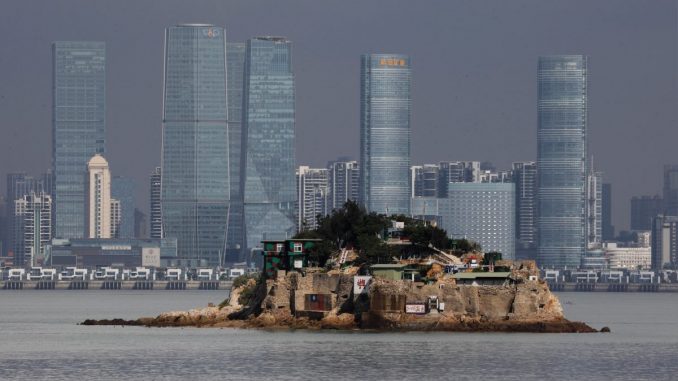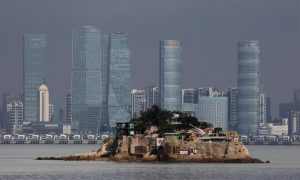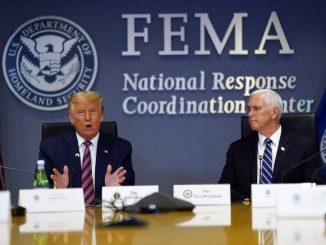

The Chinese regime, on April 29, passed a revised draft of the “Maritime Traffic Safety Law” that will be formally implemented on Sept. 1. According to a China issues expert, the move provides a legal basis for China’s maritime expansion and may bring more instability to the Indo-Pacific region.
The revised draft of the Maritime Traffic Safety Law is the same as the Maritime Police Law passed earlier this year, and the previously revised Marine Environmental Protection Law. All mention of “coastal waters” have been changed to “maritime jurisdiction.” A report reviewing the results of the bill states that the term “coastal waters” is not precise, and the scope of this law is not limited to “coastal.”
Several clauses stand out in the revised draft.
Article 53 stipulates that the transport department of the Chinese Communist Party’s (CCP’s) State Council may, together with other relevant departments, take necessary measures to prevent and stop the “non-innocent passage” of foreign ships in the “territorial sea.”
Article 54 stipulates that certain ships, such as submersibles, nuclear-powered ships, super-large tankers, and ships carrying radioactive materials, shall hold relevant certificates when passing through China’s territorial waters, take special precautionary measures in compliance with the CCP’s provisions, and accept the instructions and supervision of maritime administrative agencies.
Article 92 stipulates that if a foreign ship poses a safety threat to China’s internal waters and territorial waters, the maritime administrative agency has the right to order it to leave. If a foreign ship violates the CCP’s laws and administrative regulations on maritime traffic safety or the prevention and control of ship pollution, the maritime administrative agency may exercise “the right of hot pursuit” in accordance with the law. “The right of hot pursuit” means pursuing a vessel into the high seas and getting it back for trial.
Li Yanming, a U.S. based political commentator and China issues expert, told The Epoch Times: “The term ‘maritime jurisdiction’ has a broader scope than ‘coastal waters,’ and the wording is stronger. The CCP revised the Maritime Traffic Safety Law to provide a legal basis for its maritime expansion. This move will expand the gray conflict zone and bring more instability to the Indo-Pacific region.”
Li further explained, saying, “The law will empower the CCP’s coast guard to enforce laws in areas where it is not able to exercise jurisdiction under the United Nations Convention on the Law of the Sea (UNCLOS).”
In fact, the Maritime Police Law that the Chinese regime began to implement on Feb. 1 has already brought instability to surrounding countries. The law stipulates that the CCP’s coast guard ships can use force against ships that engage in illegal activity “in and over waters under China’s jurisdiction.”
According to Japanese media reports, after the implementation of the Maritime Police Law, a Chinese maritime police ship entered the waters of the Senkaku Islands, known as Diaoyudao Islands in Chinese, on Feb. 6 and 7. On Feb. 15, two Chinese coast guard ships chased Japanese fishing boats in the Senkaku waters. On Feb. 16 and 20, a Chinese Coastal Police ship, which was suspected of being armed, sailed into the waters. After these events, Chinese Coast Guard ships continued to enter the disputed waters.





Be the first to comment